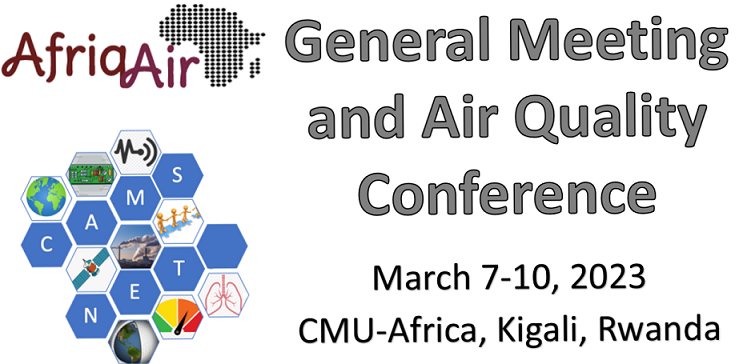Speaker
Description
Accra City authorities have been very slow in addressing the air quality challenges in the city in spite of having an Air Quality Management Plan (AQMP) developed by the Ghana Environmental Protection Agency (EPA) in 2018. The reasons are lack of reliable data on air pollution levels due to limited air quality monitoring capacity; absence of local evidence on the human health impact of air pollution exposure, and the magnitude of the associated health risk; and lack of capacity at the assemblies for implementing the AQMP.The municipal and sub-metropolitan authorities in Accra have no involvement in the monitoring programme of Ghana EPA. This is in spite of municipal assemblies having departments of development planning, physical planning, and environmental health and can be leverage to improve air quality in the city in their respective districts. It is against this background that the Breathe Accra project is being implemented to ensure openly accessible hyperlocal air quality data in the Greater Accra Metropolitan Area, and to foster local capacity for monitoring and managing air quality, and mounting surveillance for air pollution-related diseases in the Great Accra Metropolitan Area. The project also hopes to share technical details, best practices and lessons learnt on the project for replication by other African cities. This presentation will detail the project implementation plan, activities, and the expected outcomes and impact.

